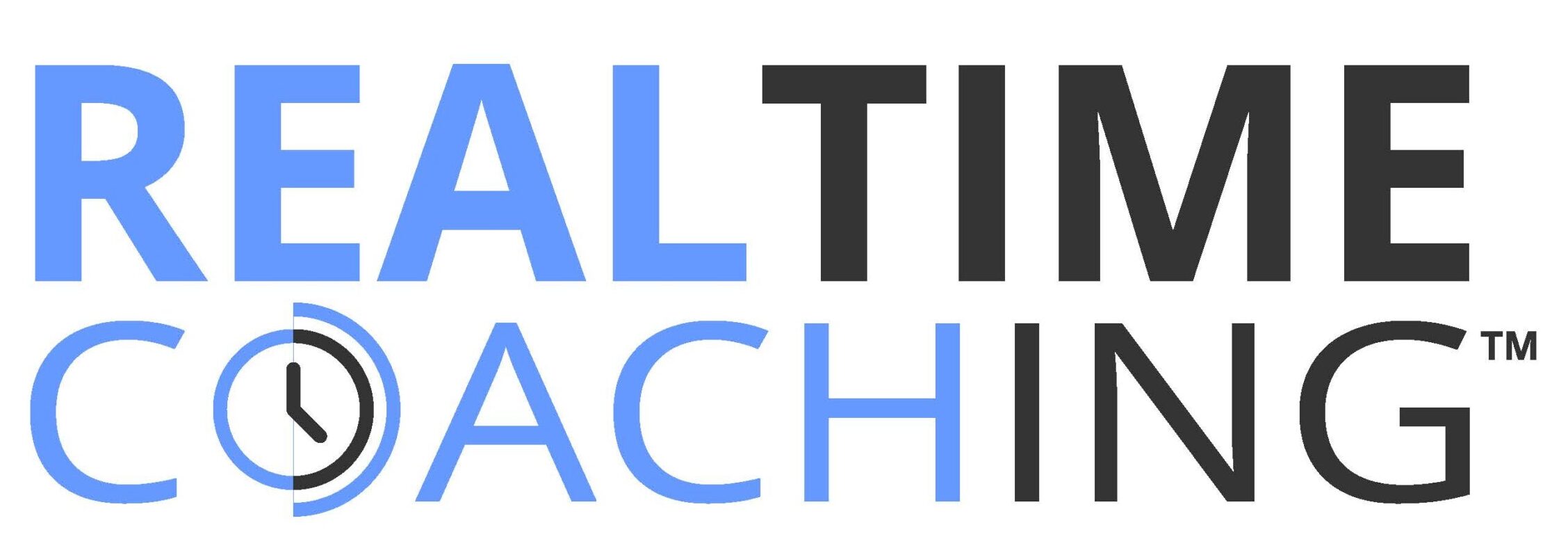Putting the RTC model into action requires communication between at least two people AND at least one of the person’s scales MUST be out of balance.
If these two conditions are met, you should tune to radio station WDIP. WDIP is the acronym for the four basic questions which make up the RTC conversation.
W = What do you Want? “Wants” are based on your personal interests, driving forces, and motivations. Thought-starter: What makes “What do you want?” such a challenging question?
D = What are you Doing? “Doing” is observable behavior or action taken to close the gap between the result you want vs. the result you believe you’re getting. Thought-starter: What are some answers you may hear when you ask, “What are you doing?”
I = Is what you’re doing working? The difference between what you want and what you believe you are getting provides the motivation for “Doing”. This is called self-evaluation. Thought-starter: Why is self-evaluation considered the cornerstone of RealTime Coaching?
P = What is the Plan? Achieving a different result requires either changing what you want or what you’re doing. The plan is the accountability portion of the model. Thought-starter: Why is the Plan considered the Achilles Heel of the RealTime Coaching process?
If you are in a situation where you’re not getting what you want, consider taking a WDIP inventory. For each category, determine how clearly you understand the situation by giving each category a 1-10 clarity ranking.
Example, “On a scale of 1-10, how clear am I on what I want? How clear am I on what the other person wants? How clear am I on what the other person is doing?
RTC Hack: You are always more clear on what you want than what you are doing. You are always more clear on what the other person is doing (you can see it) vs. what they want.
Bob Smith once said, “We judge others by our best intentions and we judge others by their last worst action.” By using WDIP, you will begin asking better questions while not making erroneous assumptions.
To find out how to develop an RTC culture in your organization, contact Ryan Lisk: [email protected] or call 859-421-7966.
